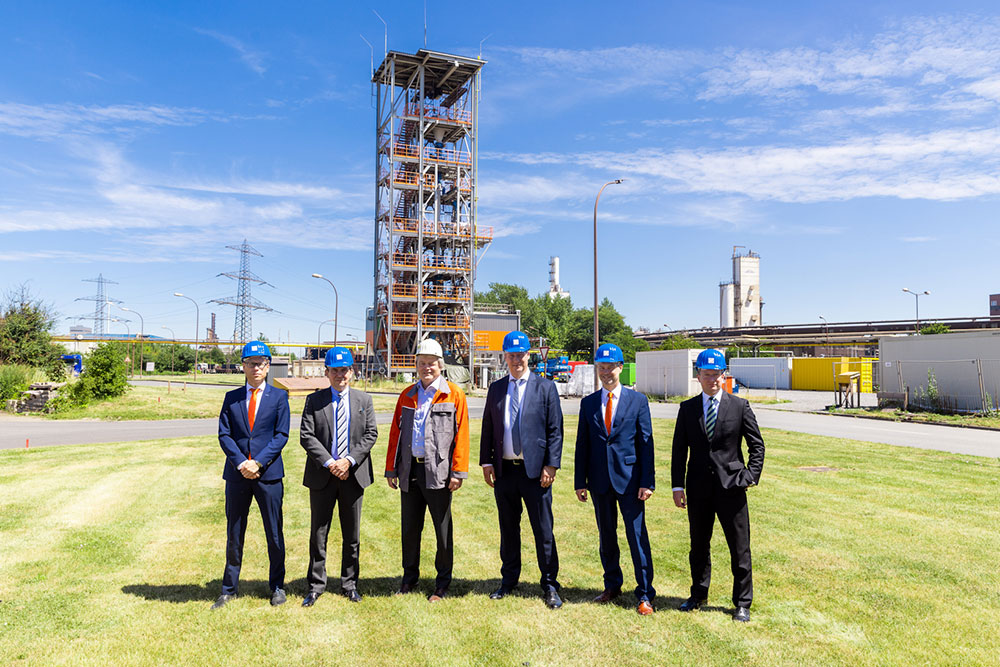Salzgitter AG and the Waelzholz Group have concluded a partnering agreement covering the joint development and supply of low-CO2 strip steel, initially for a period until 2028.
The goal of both companies is to jointly take a leading role in the transformation process in the steel industry on the course to decarbonisation. With this partnering agreement for the supply of strip steel with a reduced CO2 footprint, the partners are now intensifying their close cooperation spanning decades.
Speaking for the Salzgitter Group, Ulrich Grethe, head of steel production, commented: “We are absolutely delighted to be taking this important step together towards protecting the climate. In cooperation with Waelzholz we shall be developing and producing an ever-widening portfolio of low-CO2 steel grades. And with this partnering agreement, we are confirming our position as pioneers in the emerging market for green steel.”
Dr. Matthias Gierse, Managing Director Sales and Procurement of the Waelzholz Group explained: “Entering into this partnering agreement represents another step in the Waelzholz strategy of fulfilling our responsibility in matters of sustainability. Beyond this, we are registering a clear demand on the part of our customers for materials which incur the minimum possible level of CO2 emissions in their manufacturing. By way of our intensive technological exchange with Salzgitter, we are able to replicate our processing experiences both rapidly and in detail at a metallurgical level. With our shared aspirations in terms of high quality, this in turn will enable us to swiftly optimize low-CO2 materials for series production.”
These reduced CO2 steels are produced by Salzgitter AG via a special electric metallurgical furnace route which means – in comparison with the traditional blast furnace route – that, dependent on the product, around 71 percent of CO2 emissions can currently be avoided.
As Dr. Gierse continued: “In the summer of 2021 we became the first customer of Salzgitter AG to receive strip steel produced via this route. Since then, we have already jointly expanded the spectrum of steel grades in order to meet the demands of numerous customers and end users.” By far the greatest share of the CO2 footprint of the cold-rolled strip steels manufactured by Waelzholz is accounted for in the production of the input material. Consequently, from an overall perspective, reducing the level of emissions occurring in steel production is of major importance.

